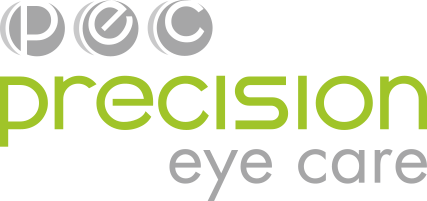Children’s Eye Examination
Vision development continues well beyond birth in children and is certainly important to ensure success in early learning with developmental milestones and learning in school.
According to the Alberta Association of Optometrists, the first eye examination should be between 6 and 9 months, then every year from the age of 2 – 18 years.
The challenge with pediatric and children’s exams is that they are unable to participate in the assessment and for toddlers and young children, isn’t always able to verbalize if anything is wrong. For most, if there is anything abnormal, it is perceived as “normal” because they don’t know any different.
Some of the tests your optometrist will perform include:
Initial Conversation
- This is conducted usually with the parents to determine if there are any concerns
- In addition, your optometrist will ask about your child’s personal and family medical history, including any complications during pregnancy or during the birthing process
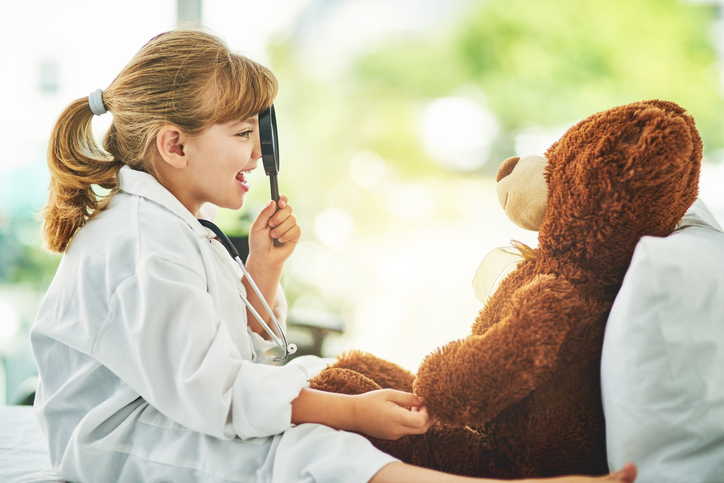
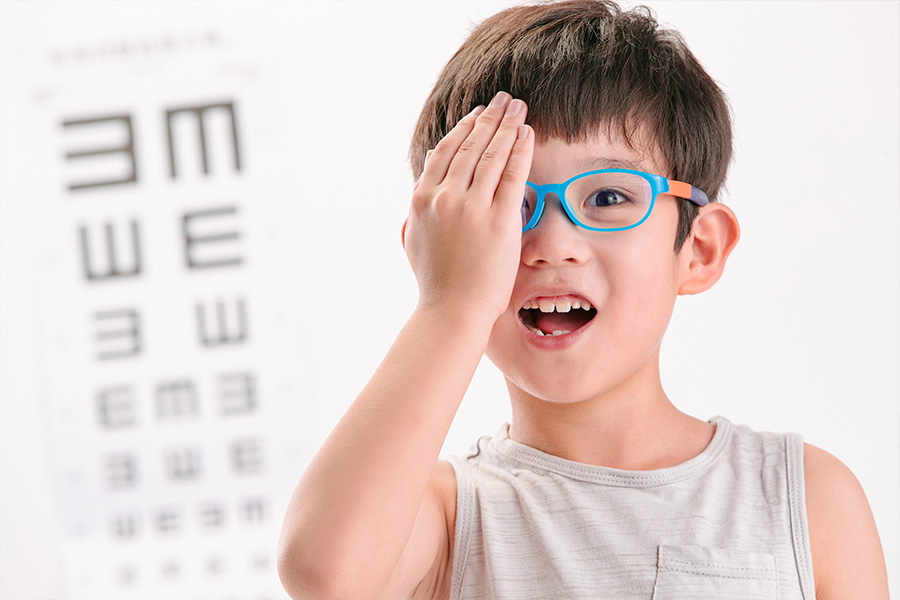
Gross Visual Acuity
- Different techniques are used to determine a ball-park measurement of your child’s vision, especially with younger children
- It will be determined if your child’s prescription is within the age norm
Gross Binocular Vision Testing & Colour Vision Testing
- Usually more for school-aged children
- We will use tests that assess 3D (depth perception) & colour vision
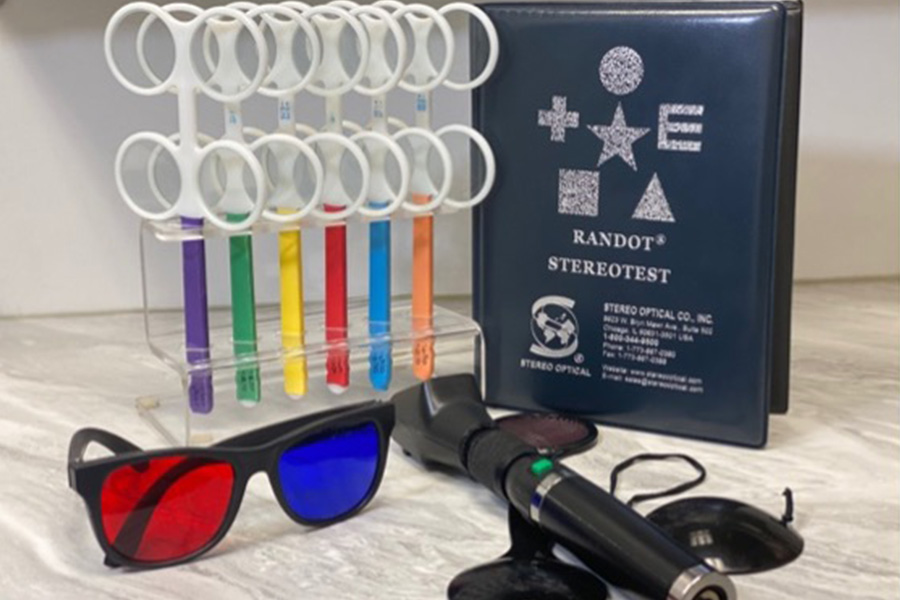
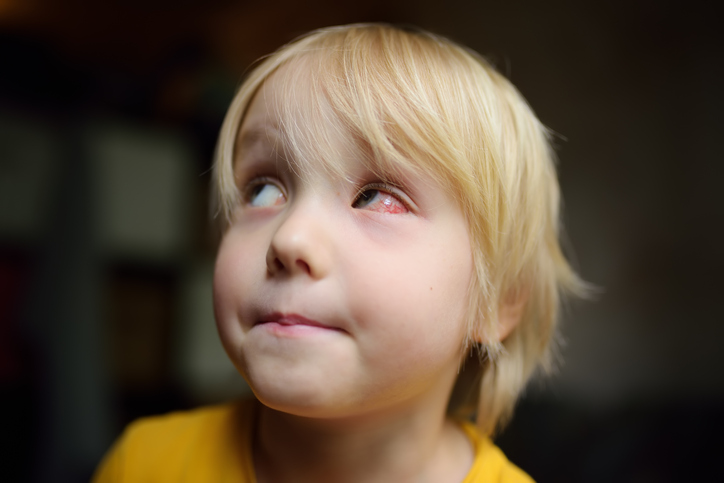
Gross Ocular Health
- Depending on age and compliance of the child, your optometrist may use an instrument called the ophthalmoscope
- Sometimes the child may be able to hold still to be examined in the slit lamp
Patient Education
- After “gathering the evidence”, your optometrist will educate you on your child’s clinical findings
- If necessary, further assessment, visits, or a referral to a specialist may be required

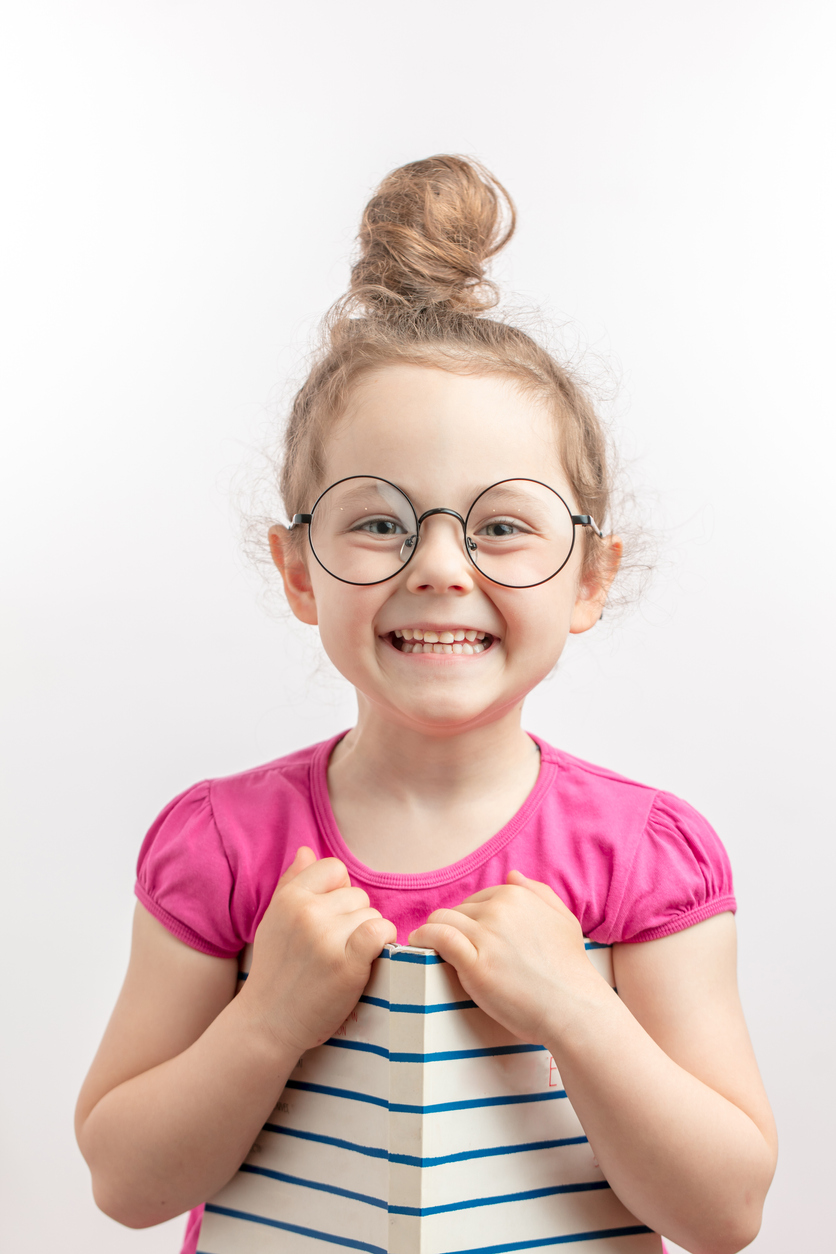
At this stage in a child’s life, the parents are their sole advocates in ensuring that the child’s vision development milestones are progressing normally.
Yearly routine examinations are important because many eye conditions and diseases have a better prognosis when diagnosed and treated early. Sometimes it is not clear cut for a parent to know what to watch for in their child.
Some behaviours to watch for in your child include:
- Squinting
- Excessive rubbing of their eyes
- Avoiding close up activities
- Complaints of headaches or sore eyes
- Noticing an eye turn in or out of one eye
- Having a slight head turn
When was your child’s last eye exam? If it has been more than a year, book an appointment today!
